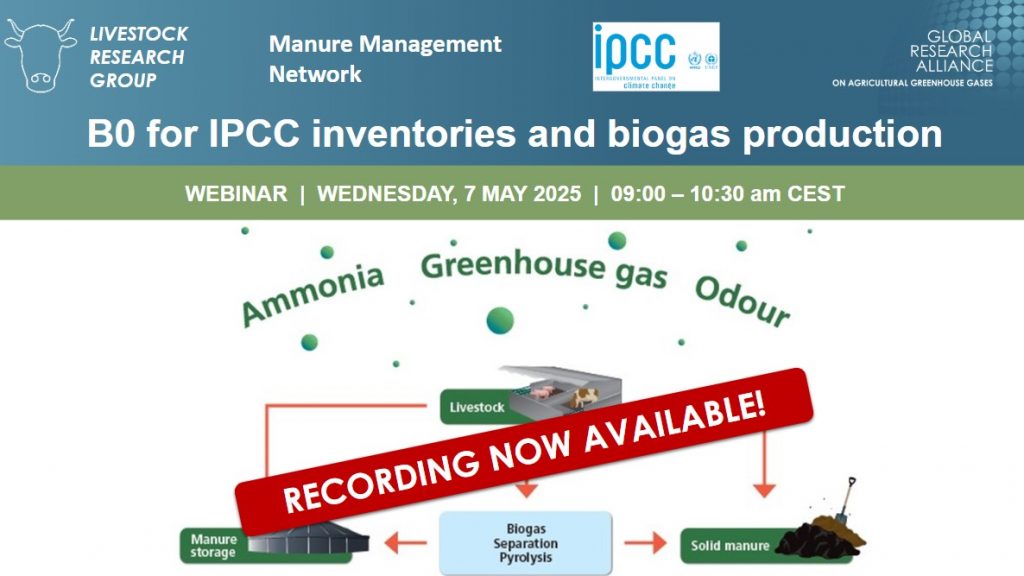A recording of the LRG/MMN Webinar: “Manure management and GHG emissions in sub-Saharan Africa ” webinar is now available to HERE.
The webinar gives an overview of our knowledge about current manure management practices in sub-Saharan Africa and their impacts on GHG and ammonia emissions and other externalities (e.g., leaching, health hazards). The discussions after the presentation is about identifying pressing knowledge gaps linked to manure and ideas for collaboration. The aim for collaboration could be to explore opportunities for joint in-depth analysis of the current manure management systems and how efficiently manure is recycled to fertilize soil and reduce GHG emissions, and to follow this up with studies filling the knowledge gaps identified.

For more information please click HERE
The International Symposium on MRV for carbon credit in the agriculture sector in ASEAN countries will be held in Japan with online participation on 24 June 2025.
For detailed information and registration, please click HERE
The June 2025 Circular Food Systems Network (CFS) Newsletter is now available online!
In this jam-packed edition you can find information about our new webinar series, an open call for proposals and more.
You can read the newsletter HERE.
If you’d like to subscribe to receive future CFS Newsletters, sign up here.
The SoilC4C – SoilCarbon4Climate Conference, co-organised by the 4per1000 Initiative and Germany’s Federal Office for Agriculture and Food, will take place in Berlin, Germany, 11-13 September 2025. The conference will explore pathways and solutions for soil carbon in temperate regions. The call for abstracts have been extended until June 10. Pre-registration is open until mid-August. For more information and to submit an abstract, visit conference website HERE.
In advance of the Council Meeting in Dublin at the beginning of June, we are pleased to release our second Annual Highlights Report celebrating the GRA. This is available to download and share. Check it out by clicking HERE.
The second issue of the Nitrogen Flagship Newsletter is out now!
This is now available to view below. Please click HERE for more information.
Livestock researchers from seven ASEAN countries and Uganda met in Phnom Penh last week to consolidate the best available information on measurement of livestock greenhouse gases (GHG).
The event, hosted by Cambodia’s RUA (Royal University of Agriculture) and facilitated by SEARCA (Southeast Asian Regional Center for Graduate Study and Research in Agriculture), was the culmination of recent investment in livestock GHG measurement by New Zealand in many of these countries.
The Cambodian workshop distilled the experiences and expertise of participants, to be used as reference by current and future users. Outputs included national summaries of equipment available in their countries, best practice guides on use of these systems, and training videos on the key component and procedures.
Through its Climate Smart Agriculture Initiative, New Zealand has sought to strengthen national GHG inventories for livestock as well as pioneer GHG measurement and mitigation options in 6 ASEAN countries. This includes setting up new livestock methane measurement facilities.
See full article here.
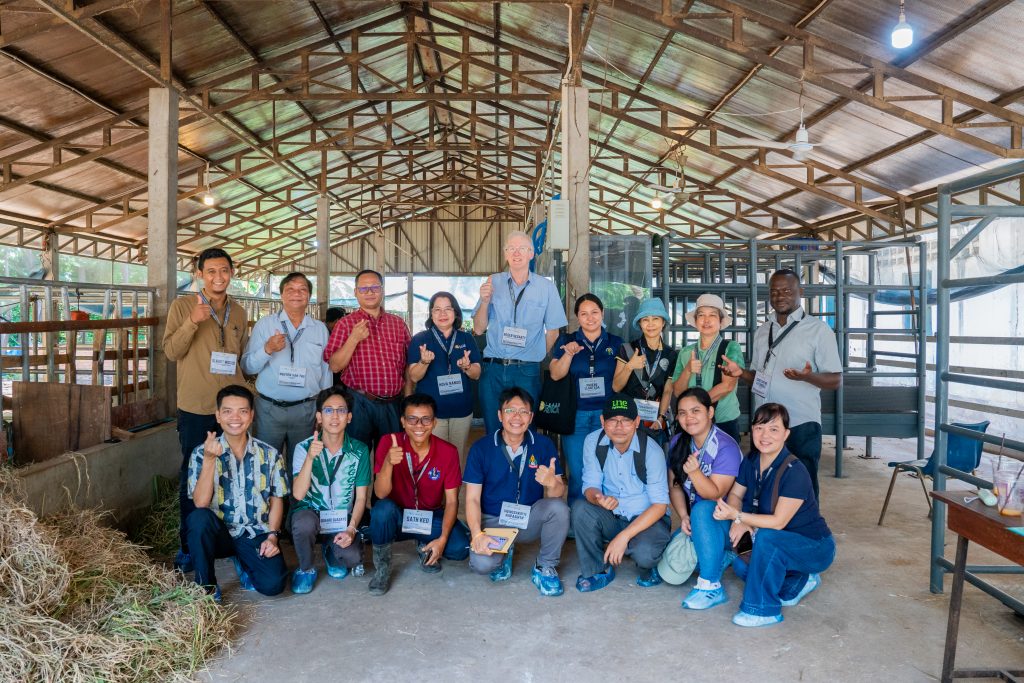
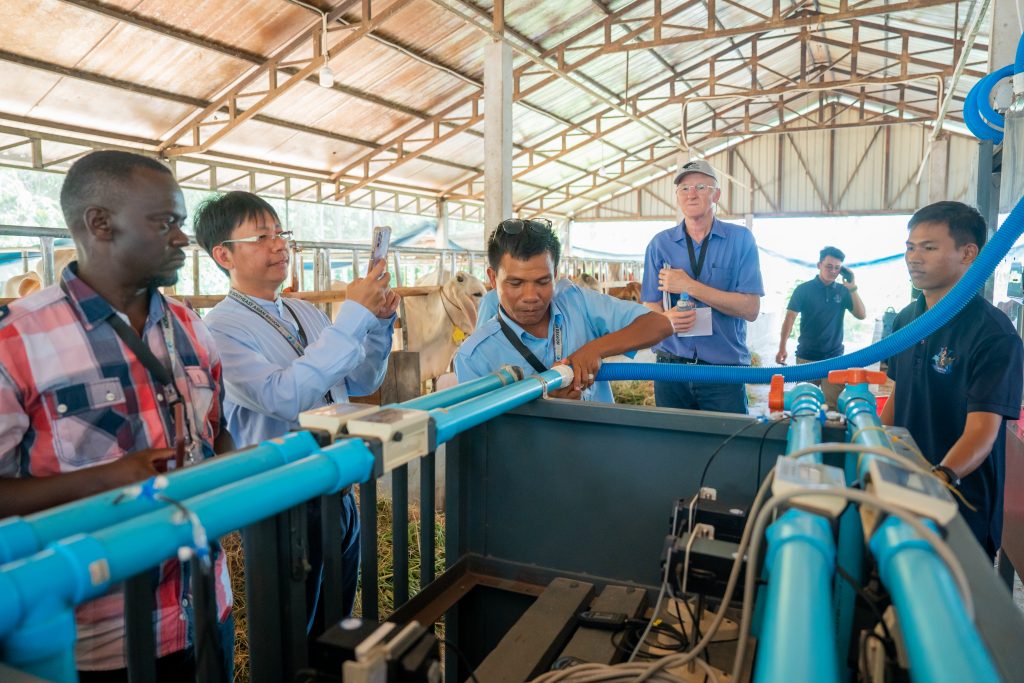
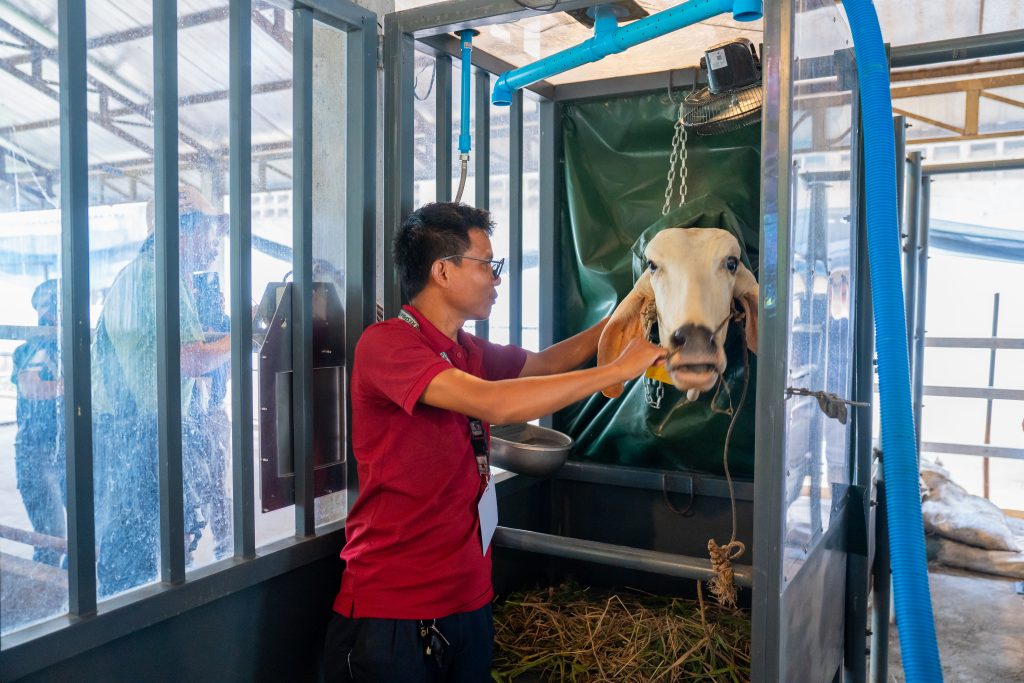
Closing Date : 11 August 2025
Location : UPPSALA, Sweden
Professor in terrestrial ecosystem ecology
Faculty of Natural Resources and Agricultural Science
Department of Ecology
The Swedish University of Agricultural Sciences (SLU)
The subject area covers integrated studies of biotic and abiotic components in terrestrial ecosystems, especially modeling of ecological processes that drive the flows and storage of carbon and nutrients.
A recording of the Flagship Webinar: “Nitrogen mineral fertilisers, updates on methodologies and relevant work for inventory improvement” webinar is now available to view HERE.
This webinar is aimed to researchers, students and the general public interested in the use of different methodologies to quantify nitrous oxide emissions and ammonia volatilization from agroecosystems, their advantages, and challenges for their implementation. We will also touch on how to use the information generated for national inventories improvement, and we will also provide an update on the development of the N flagship from the GRA.
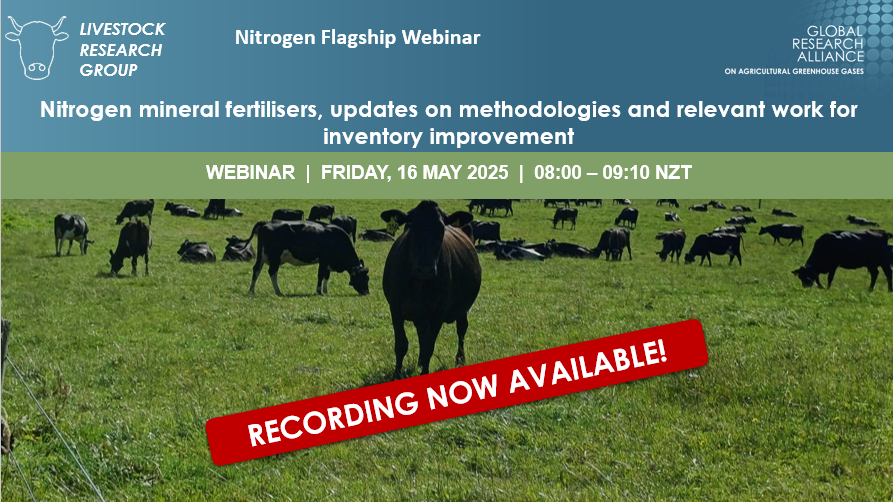
From 24 to 28 February 2025, the Global Research Alliance on Agricultural Greenhouse Gases (GRA) co-organised an international training course hosted by CIHEAM Zaragoza: “Cattle breeding for low methane emissions: from farm measurement to genetic progress.” The course was part of the Horizon Europe Re-Livestock project, “Facilitating Innovations for Resilient Livestock Farming Systems.”
The course was delivered in collaboration with the Mediterranean Agronomic Institute of Zaragoza (CIHEAM Zaragoza), the Basque Institute for Agricultural Research and Development (NEIKER BRTA), Wageningen University & Research (WUR), and the Spanish National Institute for Agricultural and Food Research and Technology (INIA-CSIC).
The GRA contributed to both the organisation and delivery of the training, which brought together international experts and participants to explore strategies for reducing methane emissions through cattle genetics and breeding practices. Roel Veerkamp (WUR) and Hayden Montgomery (Global Methane Hub) opened the course with a joint lecture, while experts Birgit Gredler-Grandl and Coralia Manzanilla-Pech led programme design and practical sessions.
For highlights and additional information about the course, please visit the Re-Livestock project website at https://re-livestock.eu/2025-wp8-communication-dissemination-and-capacity-building-update/
The GRA thanks all partners and contributors for a successful and impactful training week.
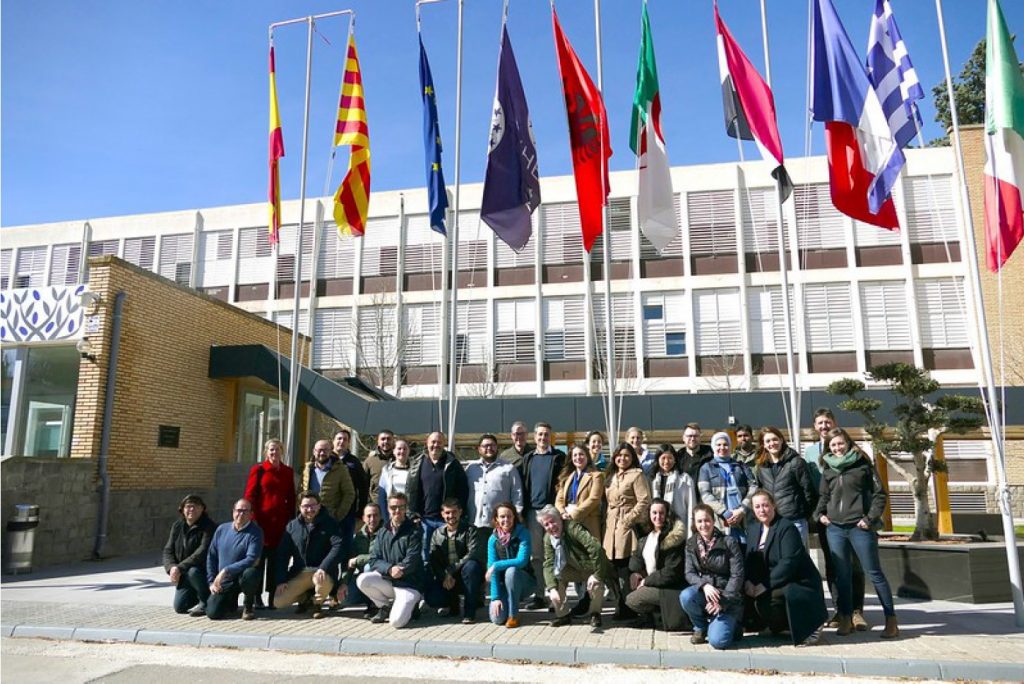
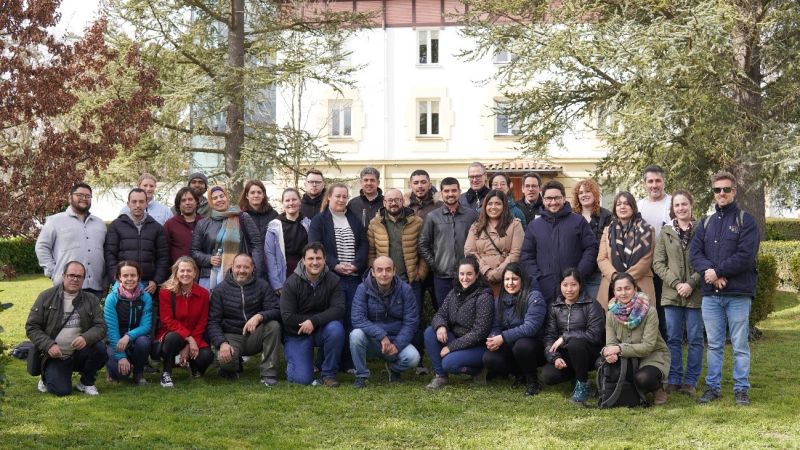
Livestock Research Group / Manure Management Network webinar recording available HERE!
This webinar includes three presentations about the measurements and use of the B0 also called biological methane potential (BMP). This includes a presentation of the problems in measuring B0, how B0 is used by IPPC protocols to calculate methane emission from stored liquid manure and risk of incorrect emission estimates due to incorrect B0. The variation in B0 as related to manure categories and composition will be presented using data from a large Danish dataset.
